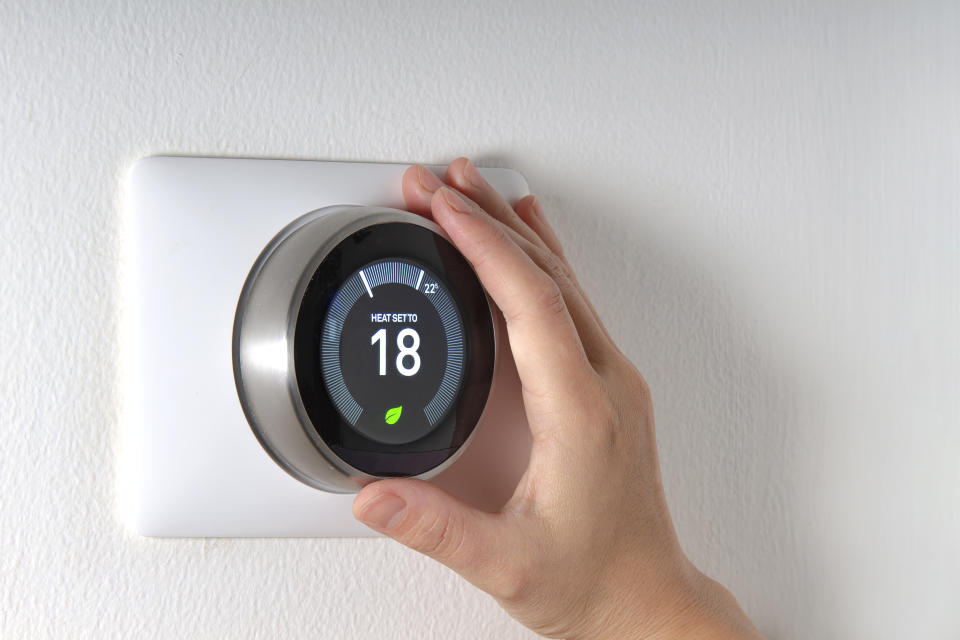Energy suppliers owe UK households £1.7bn in overpaid bills

Almost 13 million UK households are owed a total of £1.7bn ($2.12bn) in overpaid bills by their energy suppliers, new research has found.
Nearly half of all UK households (46%) are due a refund from their energy provider, with the average amount worth £136, according to the research by comparison and switching service Uswitch.com.
Energy customers who pay for their energy by direct debit can often find themselves in credit with their supplier because they use less gas and electricity than they have paid for in their monthly payments.
The amount paid by direct debit remains the same every month, but energy usage changes depending on the time of year. This means that consumers are often in credit with their supplier following the summer months, and in debt to their provider in the colder winter months.
Coming out of winter this year, UK consumers are owed a total of £1.7bn, an increase of £230m — 13.5% — compared to last year.
One in ten energy customers (10%) are owed a rebate of over £200. One in five bill-payers (19%) said the amount they are in credit with their energy supplier has grown since last year.
READ MORE: British Gas owner warns customers falling behind with payments as it cuts costs
However, some energy providers do not automatically issue refunds to customers whose accounts are in credit, meaning consumers can go for months without claiming refunds for overpaid bills. Almost six in ten (57%) said that their energy supplier has never automatically credited their account.
Almost half (46%) said they do not know how to go about claiming a refund for overpaid energy bills.
One in ten households (10%) were unaware whether they were in credit or debt to their supplier.
Meanwhile, 3.9 million households (14%) have found themselves in debt to their provider at the end of winter, owing a total of £548m across the UK — an average of £142 per household — a rise of £20 (16%) on last year.
Over a quarter (27%) said that their debt has risen since last year, and 9% have moved from being in credit last year to owing their supplier this year.
As consumers are likely to use more gas and electricity while spending more time at home during the coronavirus lockdown, consumers should consider whether they want to reclaim their credit, or use it as a buffer to help pay for the extra energy usage, according to Uswitch.com.
The UK government has agreed measures with the energy industry to support vulnerable people through the coronavirus pandemic including ensuring prepayment and pay-as-you go customers remain supplied with energy if they are unable to top up credit and supporting all customers in financial distress.
READ MORE: Spike in tenants not paying rent as coronavirus hits jobs and pay
Sarah Broomfield, energy expert at Uswitch.com, said: “Energy firms owe £1.7bn to families across the UK. At a time when many people are finding their finances squeezed as well as using extra gas and electricity because they have to stay at home, it will be welcome news for those who are sitting on unclaimed credit from their energy supplier.
“More than a fifth of households say that the amount of credit or debt they’re in has increased in the last year, and we hope that providers will act quickly to make sure that direct debit payments accurately reflect energy use.”

 Yahoo Finance
Yahoo Finance 